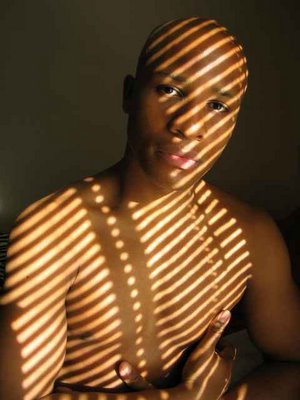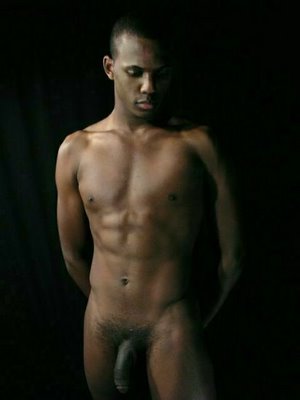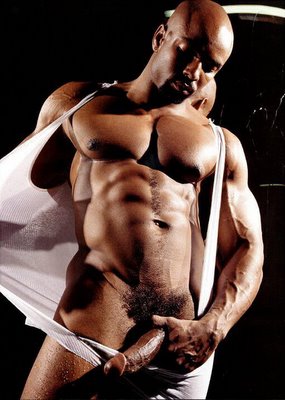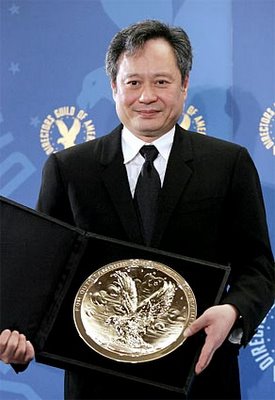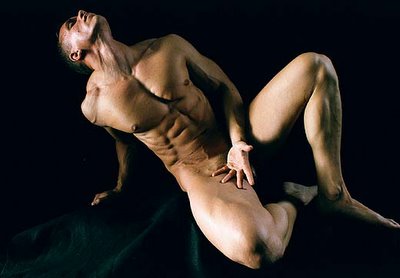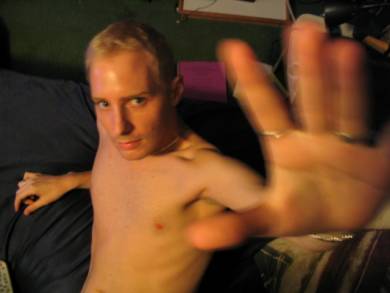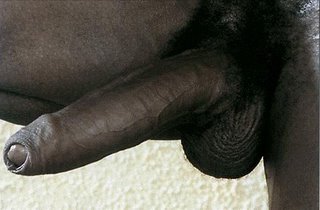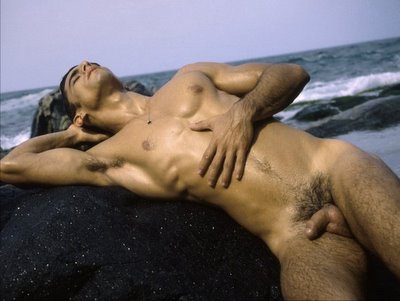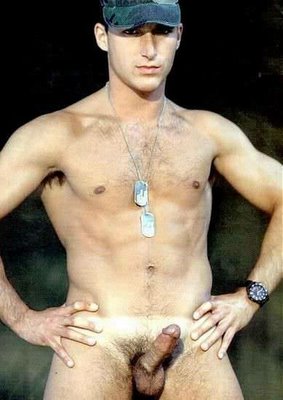 CURITIBA, BRAZIL – The surgeons who put Nick Oliveira’s face back together did an excellent job. Only a faint scar re-mains from the 27 stitches under his right eye, where the skin had split and a piece of cheekbone dangled after a gang of thugs beat his face to a bloody pulp.
CURITIBA, BRAZIL – The surgeons who put Nick Oliveira’s face back together did an excellent job. Only a faint scar re-mains from the 27 stitches under his right eye, where the skin had split and a piece of cheekbone dangled after a gang of thugs beat his face to a bloody pulp.But the psychological scars haven’t healed as nicely. A year and a half after the attack, Oliveira ventures out at night only by taxi, and he keeps careful watch of his surroundings. He never wants to be a target again merely because of who he is: a gay man.
Brazil is a country long famed as a Mecca of sensuality and tolerance, so much so that its European colonizers once ob-served, “There is no sin south of the equator.” Yet for all the bare flesh and the drag queens who strut their sequined stuff to wild applause during Carnaval, there remains a dark side for those who do not adhere to the heterosexual norm.
Physical assaults on homosexuals are commonplace in Latin America’s largest nation. In 2004, according to statistics compiled by gay activists, there were 159 reported killings of gays and lesbians in Brazil – an average of three a week. By contrast, the FBI recorded only one such homicide that year in all of the United States.
The slayings and other attacks are the violent outgrowth of the discrimination homosexuals still face in a culture that remains deeply Catholic and socially conservative, despite a well-engrained licentious streak. Although a dynamic gay movement has made some inroads in the last 20 years, protection of homosexuals lags the advances won in the U.S. and other Western countries.
“To be gay or lesbian is still to be vulnerable, owing to the culture of homophobia that is very rooted in people’s minds,” said Marcelo Cerqueira, a prominent activist in Salvador, the capital of Bahia state.
The tide of anti-gay violence seems at odds with signs that society is becoming more accepting of homosexuality.
In Sao Paulo, last year’s gay-pride parade attracted more than 1 million people, making it one of the world’s largest such celebrations of homosexual identity. Rio de Janeiro, that bastion of seaside hedonism, is an increasingly popular destination among gay travelers drawn by the city’s lustrous beaches and its boisterous Carnaval parties.
Many of Brazil’s best-known singers, in a land that worships its music, are openly gay or bisexual. And activists were elated last year when television audiences voted an outspokenly gay man the winner on “Big Brother Brasil,” one of the country’s most-watched reality programs.
The increased awareness can cut both ways, however. “Many things in Brazilian society are contradictory,” said James N. Green, a history professor at Brown University and author of “Beyond Carnival: Male Homosexuality in Twentieth-Century Brazil.”
“I think that gay life, as it becomes more visible and more public, evokes anxiety among a lot of men and their notions of masculinity, and I think that’s one explanation for gay bashing.”
To American visitors, Brazilian men often appear more physically affectionate with one another than their counterparts in the U.S., and stories are legion of sexual experimentation and fluidity among Brazilians of whatever gender or orientation.
At the same time, machismo and traditional concepts of gender roles still run deep. A 2004 survey among young people in three major cities found that, among young men, 49 percent regarded gays as “sick” or “without shame.”
“There are many blurred boundaries (of sexuality), but there’s also a hyper-masculinity,” Green said. “You could not explain all the pejorative and negative attitudes (toward) gay men, effeminate gay men, if you didn’t have that. This is a hyper-masculine society – soccer games are a perfect example.”

With his lissome figure, slicked-down hair, and femininely graceful mannerisms, Sergio Machado, 27, knows he is far from the macho stereotype. Whenever he steps on a bus, strolls through the market or just goes for a walk, he can feel people staring.
Some people are curious, others malevolent. In October, when he came out of a gay bar here in his hometown of Curitiba and exchanged kisses with a friend, two young men nearby scowled and said loudly, “How disgusting.”
A few minutes later, two other men – tipped off, Machado believes, by the first pair – tried to trip and punch him as he continued down the street. Luckily, he said, he was struck only lightly on the side of his mouth, and managed to flee.
Just a few weeks before in Curitiba, on Sept. 18, a young gay man was ambushed by a group of skinheads who allegedly shouted, “Gays must die!” as they stabbed him in the stomach with scissors. The 19-year-old victim survived; police arrested nearly a dozen members of a neo-Nazi gang in connection with the attack.
The swift response by authorities to the stabbing was an exception, brought about by public pressure by gay activists, say members of Grupo Dignidade, a gay-rights organization based in Curitiba.
Activists throughout Brazil say that not only do the country’s notoriously corrupt and violent police habitually ignore complaints of violence against gays, but they themselves perpetrate some of it – for example, in random roundups and abuse of transvestites and transsexuals on the streets.
“If you ask transvestites who’s the most likely to be violent, they’ll say the police. They call them the Taliban,” said Silene Hirata, an attorney who works with Grupo Dignidade organization to uphold homosexuals’ legal rights.
Last year, on average, one or two people came to Hirata every week to report having been the victim of anti-gay aggression. “It’s the tip of the iceberg,” Hirata said, because many others refuse to report such crimes for fear of being “outed” to their families and friends or harassed by unsympathetic police officers.
According to statistics culled from media reports and other sources by Grupo Gay da Bahia, one of Brazil’s most respected gay-rights organizations, 2,218 people were killed because of their homosexuality between 1963 and 2002.
Many of the slayings are particularly gruesome, fueled by hatred and rage, including the killing of a 63-year-old man in Rio de Janeiro state. He was shot in the head, then tied up and set on fire while still alive. Brazilian law allows for stiffer prison sentences for hate crimes, but sexual orientation is not one of the protected categories.
“Everyone knows that the justice system in Brazil is lacking,” Hirata said. At Grupo Dignidade, “We don’t have the wherewithal here to protect anybody. Who should do it is the state, the government, and
they don’t.”
That’s why Oliveira, the man who needed 27 stitches under his eye in June 2004, decided not to pursue a complaint.
A friend warned that the police could cause him more problems. So Oliveira, 36, concentrated instead on recovering from his injuries, which re-quired six months of reconstructive work on his face and his teeth. “I wore sunglasses the whole time,” he said, laughing at the memory.
But tears sprang to his eyes as he recounted the story of the beating that changed his life and brought home to him the potential danger he faces.
“I’ve had a couple of friends who were attacked,” Oliveira said, “but I never thought it would happen to me.”
from The Daily Journal

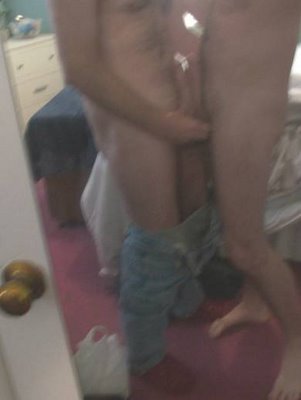
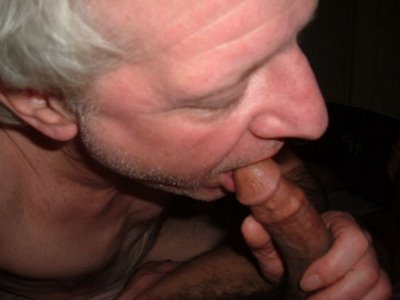
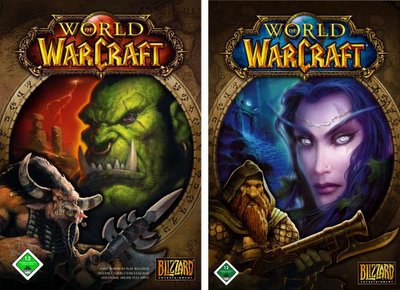






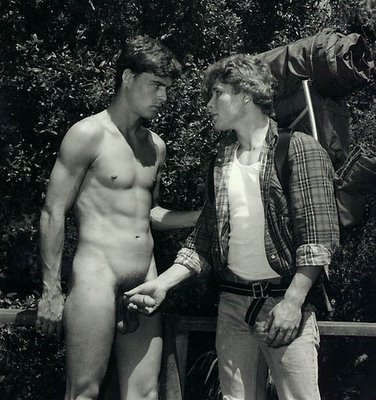

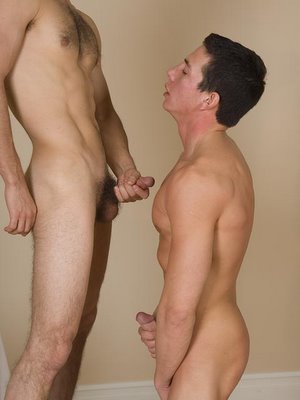
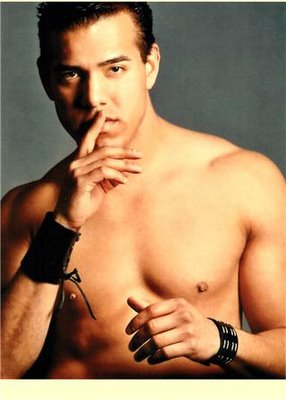
 "Our belief in grace is intimately linked to our belief in truth, and our standard disciplinary process seeks to embody truth. Unfortunately and regretfully, as we live out those beliefs it is sometimes necessary to ask a student to leave the university. Even in those cases, we offer ways for students to return to the university if they can live by the community standards. We never take those decisions lightly, but we do see them as part of our responsibility."
"Our belief in grace is intimately linked to our belief in truth, and our standard disciplinary process seeks to embody truth. Unfortunately and regretfully, as we live out those beliefs it is sometimes necessary to ask a student to leave the university. Even in those cases, we offer ways for students to return to the university if they can live by the community standards. We never take those decisions lightly, but we do see them as part of our responsibility."